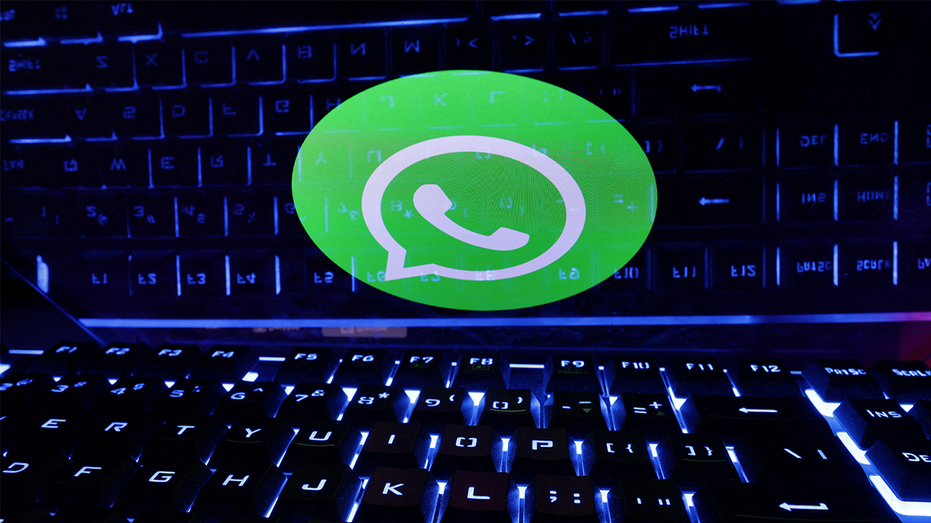Russia Targets WhatsApp Ban, Pushes State-Backed MAX App in Security Crackdown

Sarah Johnson
July 20, 2025
Brief
Russian lawmakers push to ban WhatsApp, citing national security threats, as the Kremlin promotes state-backed app MAX amid digital sovereignty drive.
In a bold move that could reshape the digital landscape in Russia, lawmakers are signaling that WhatsApp, the globally popular messaging app owned by Meta, may soon be forced to exit the Russian market. Anton Gorelkin, deputy head of the information technology committee in the lower house of parliament, didn’t mince words, stating it’s time for WhatsApp to pack its bags. With Meta already labeled an extremist organization in Russia, the app’s days seem numbered.
This push comes on the heels of President Vladimir Putin signing a law to develop MAX, a state-backed messaging alternative tightly integrated with government services. Gorelkin hinted that MAX could swoop in to fill the void if WhatsApp departs. Meanwhile, Anton Nemkin, another member of the IT committee, went as far as calling WhatsApp’s presence a direct breach of national security, a claim that underscores Russia’s intensifying drive for digital sovereignty.
Russia’s tech clampdown isn’t new. Since the invasion of Ukraine in 2022, platforms like Facebook and Instagram—also under Meta’s umbrella—have been banned. Now, sweeping legal amendments are adding fuel to the fire, proposing fines for accessing content deemed extremist, which critics fear could stifle free expression. Even some Kremlin supporters, like state media executive Margarita Simonyan, have raised eyebrows, warning that journalists might struggle to investigate opposition activities under these new rules.
The broader strategy is clear: Russia is doubling down on homegrown digital services. From slowing YouTube speeds—slashing its daily users from over 40 million to under 10 million—to boosting state-controlled tech firms like VK, the Kremlin is carving out a tightly controlled internet space. Putin’s latest directive, with a deadline of September 1, calls for further restrictions on software from 'unfriendly countries,' and WhatsApp is likely in the crosshairs.
Critics, however, are sounding alarms over privacy. There’s growing concern that MAX could become a tool for surveillance, tracking user activity while the government nudges citizens away from foreign apps through throttled speeds and outright bans. As Kremlin spokesman Dmitry Peskov reiterated, all services must comply with Russian law—compliance that may come at a steep cost for global tech giants.
This isn’t just a tech story; it’s a window into Russia’s broader geopolitical chess game. As the nation seeks to insulate itself from Western influence, the battle for digital control is heating up, and ordinary users may find their online world shrinking fast.
Topics
Editor's Comments
Well, folks, it looks like Russia is playing a high-stakes game of digital whack-a-mole, and WhatsApp just got the hammer. Calling it a national security threat? That’s rich—next they’ll say emojis are encrypted spy codes. But let’s not miss the real play here: MAX, the Kremlin’s shiny new app, might just be Big Brother with a chat bubble. I bet Putin’s already picked his favorite sticker—probably a bear with a surveillance camera!
Like this article? Share it with your friends!
If you find this article interesting, feel free to share it with your friends!
Thank you for your support! Sharing is the greatest encouragement for us.






